By Nick Cimillo ‘26
Staff Writer
In the coming weeks, the four senior section editors of the Tripod will be moving on to the next phase of their lives. In this final edition before graduation, three of these four editors — opinion editor Kash Jain ‘24, features editor Abbey O’Leary ‘24 and arts editor Hannah Lorenzo ‘24 — discuss what led them to join the Tripod, some personal highlights during their careers and what their futures will look like after Trinity.
In recounting his experience of first joining the Tripod, opinion editor Kash Jain ‘24 found he became an editor on a whim. “I was remote freshman year,” Jain recalled, “and I had a class with a guy who was then a managing editor [for the Tripod]. And over the summer he emailed me [saying] ‘Hey, do you want to… come on and be an opinion editor?’… I’m like ‘You know what? I got nothing else going on right now; it’s gonna be my first semester, [so] why not get involved with something’…So I joined and I stuck with it.”
Jain also cited his reasons for sticking with the opinion section since the beginning of his Tripod career. “I like writing stuff… about politics and these kinds of issues,” he said. “That’s always been my kind of thing. I think it offers you a lot of freedom in what you can write about and it’s something that you can really easily insert your passions into, but it’s [also] something you can also really effectively use to bring perspective.”
In line with his preference towards political writing, his personal favorite article he’s written for the Tripod centers around former US Congressman Clair Engle’s vote in favor of the Civil Rights Act, “a singular moment in American politics where someone, even facing death [and] so much stress and pressure, was able to show up and do what needed to be done.”
As his time on the Tripod progressed, Jain noticed a lack of engagement not just at Trinity, but other campuses as well. “I don’t know if it’s coming out of the Covid years… but there’s always been, I feel… weaker engagement with a lot of stuff than there can be… [But] I think maybe we’re going in the right direction; I think the grades below us are a bit more engaged with the community and getting involved.” After graduating, Jain is looking to pursue government work, but still wants to keep personal writing in his life. “I like writing fiction; I’ve done short stories… but I do [also] want to do more opinionated pieces.”
The disruption caused by the pandemic was also observed by features editor Abbey O’Leary ‘24 when she first came aboard as a staff writer. “[During my] sophomore year, in the fall I rushed a sorority, and one of the seniors when I was a sophomore was a features editor,” said O’Leary. “She reached out to me because I had been upset that I was so disengaged on campus, especially after Covid and freshman year. And she brought me on as a staff writer, and then I just continued every semester since.”
O’Leary’s love of writing features stems from her love of history. “That’s how I focus most of my classes in academics,” she remarked. “And I think I really ended up liking the features section because I took that angle through it and did so many pieces on people on campus, and not just interviews, just backgrounds of different organizations and their role on campus and their influence. So I thought it was really cool to kind of tie all those interests together through a human perspective and be able to write for the newspaper with it.”
This sentiment of O’Leary’s is clear in her article on the history of Black student organizations and cultural houses: “I had so much fun writing [that] because it was a longer piece, and I came across so many old archives and pictures and old essays written on the topic, and got to compile it basically like a little history essay… that was probably my favorite writing experience so far.”
Compared to previous years, O’Leary believes there is a greater emphasis on quality stories and getting organized. “I think I’ve seen a lot of positive changes… When I first joined sophomore year, I think it was a lot more disorganized and people just didn’t take what they were writing super seriously… it was more just everyone was just trying to fill the word count. But I think… [by the] end of [my] junior year [and] into this year, there’s been so much more emphasis on quality and just doing really cool pieces that have an important topic, and you’re actually doing it with consideration and some grace.” O’Leary hopes to keep writing in her life after graduating by finding a writing or editing position in New York City.
Similarly captivated with writing is arts editor Hannah Lorenzo ‘24, who has had a passion for journalism since high school. “I joined my high school newspaper… right after freshman year,” Lorenzo said. “I definitely wanted to do that on a college campus space [too], where there’s a lot more going on, [and] there’s a lot more diverse representation and communities and organizations to explore. So journalism is kind of that way for me to meet all these people and just kind of have that excuse to be like, ‘Can I get to know you [and] spotlight you?’… I really enjoy the interviewing process.”
Loenzo’s interest in writing for arts goes back to her artistic interests when she was younger. “I used to be a figure skater, and I also used to be in dance. So I used to have a little bit of that component where I was trying to juggle the academic side that my family instilled in me [along with]… representation in the arts. Being able to choose that as something that I wanted to help flourish on campus was really nice; [also] to focus on that local aspect… [and ask] ‘What do local artists look like? What are they doing academic-wise?’… It’s not just [about] music and film reviews and things like that, even though that’s a part of it. It’s also understanding what artists are doing in our area.”
When asked what her favorite article is that she’s written for the Tripod, Lorenzo answered with her piece on “Seahorse Parents,” a documentary telling the story of Liam Parker, a then-pregnant transgender man and son of a Trinity Campus Safety officer. “This was an interesting one,” she recounts. “It felt very sensitive to me. But at the same time, it allowed me to… explore a community that I haven’t really been a part of as much. So being able to speak with [Parker and] speak with his parents was something that was really enlightening for me to be able to write about.”
Lorenzo prides her section for its focus on arts in and around Hartford, rather than at a national or global scale. “The thing was that we didn’t want to reach out [to] what’s happening in the whole country in terms of arts, or international-based, although those are important. It was just trying to focus on who we could reach out to in Hartford: on campus, or just people who are here [and] represent different cultures and backgrounds… I’ve been seeing a lot more, I think, representation of different people on campus.” After graduating, Lorenzo plans to continue honing her journalistic aspirations by studying for her MS in journalism at Columbia University.
In addition to the senior editors who were able to comment for this article, the Tripod would also like to recognize the efforts and achievements of news editor Faith Monahan ‘24.
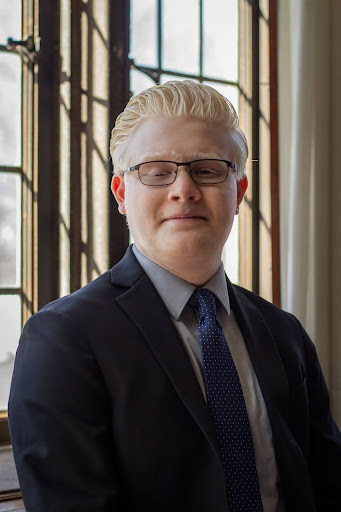
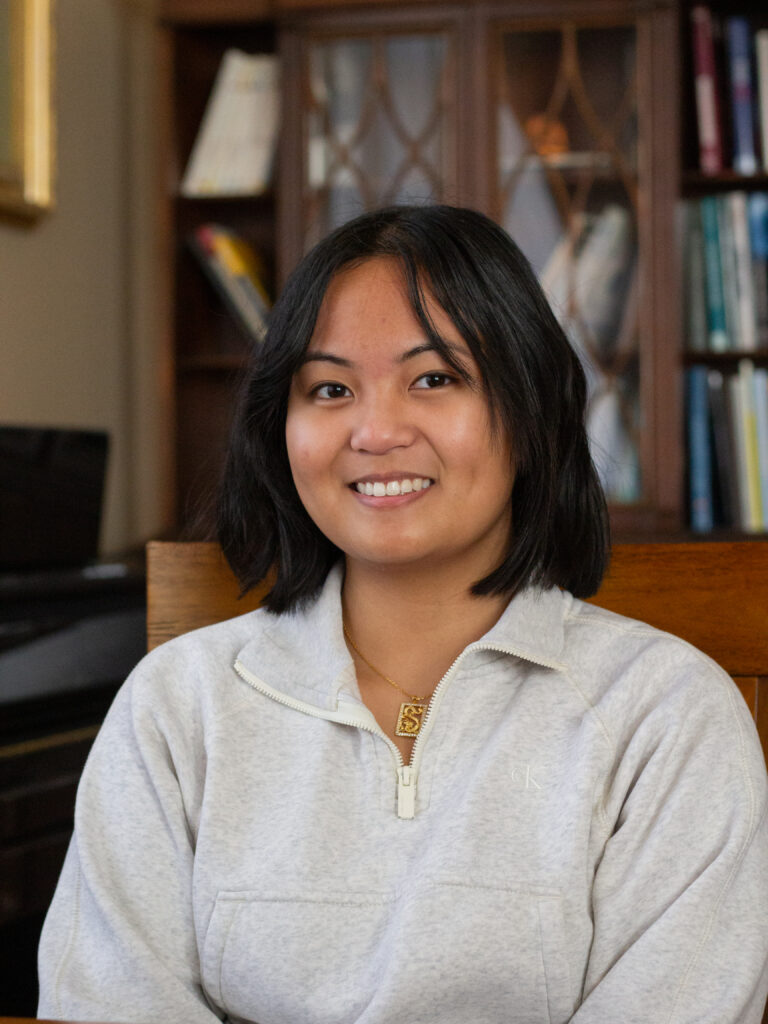

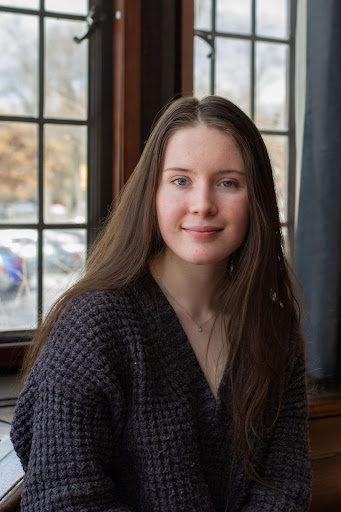
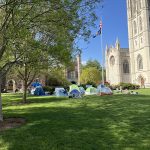





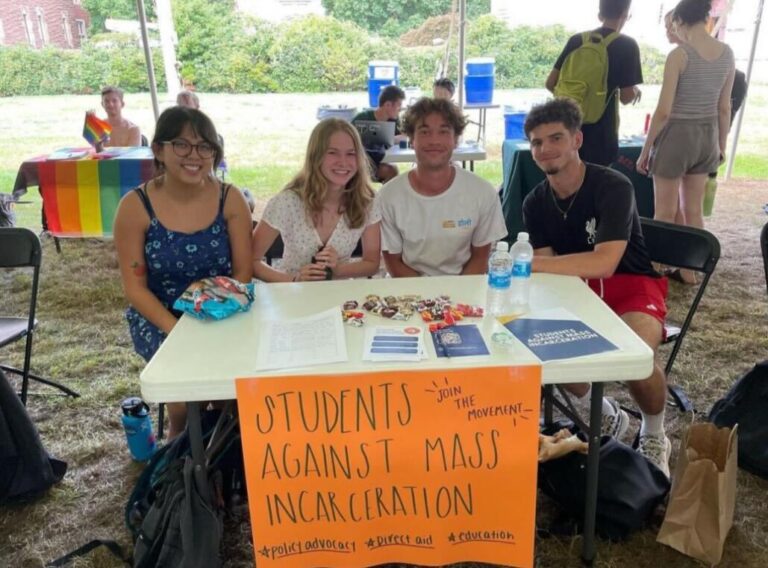
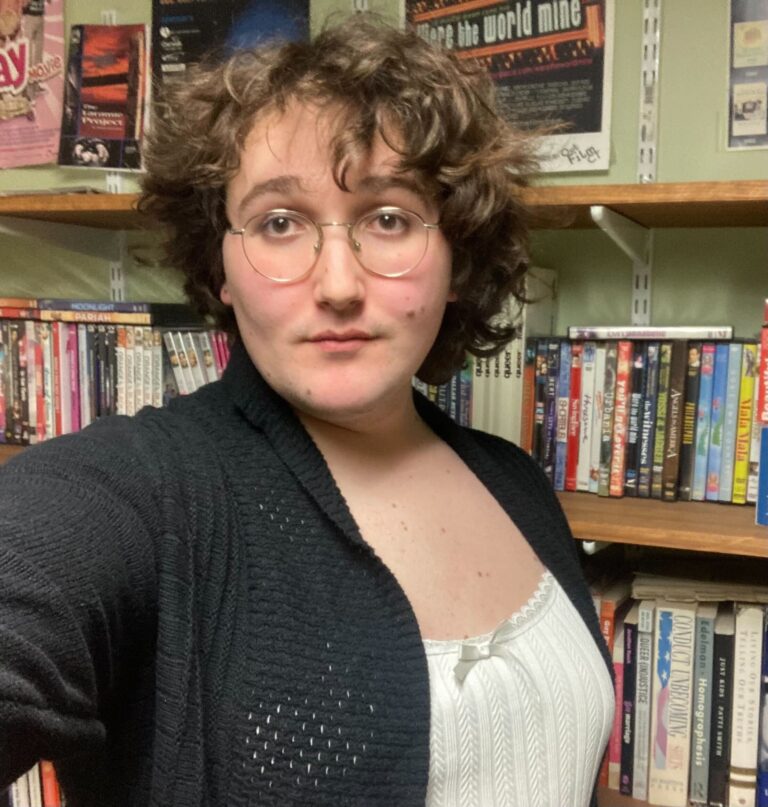
+ There are no comments
Add yours